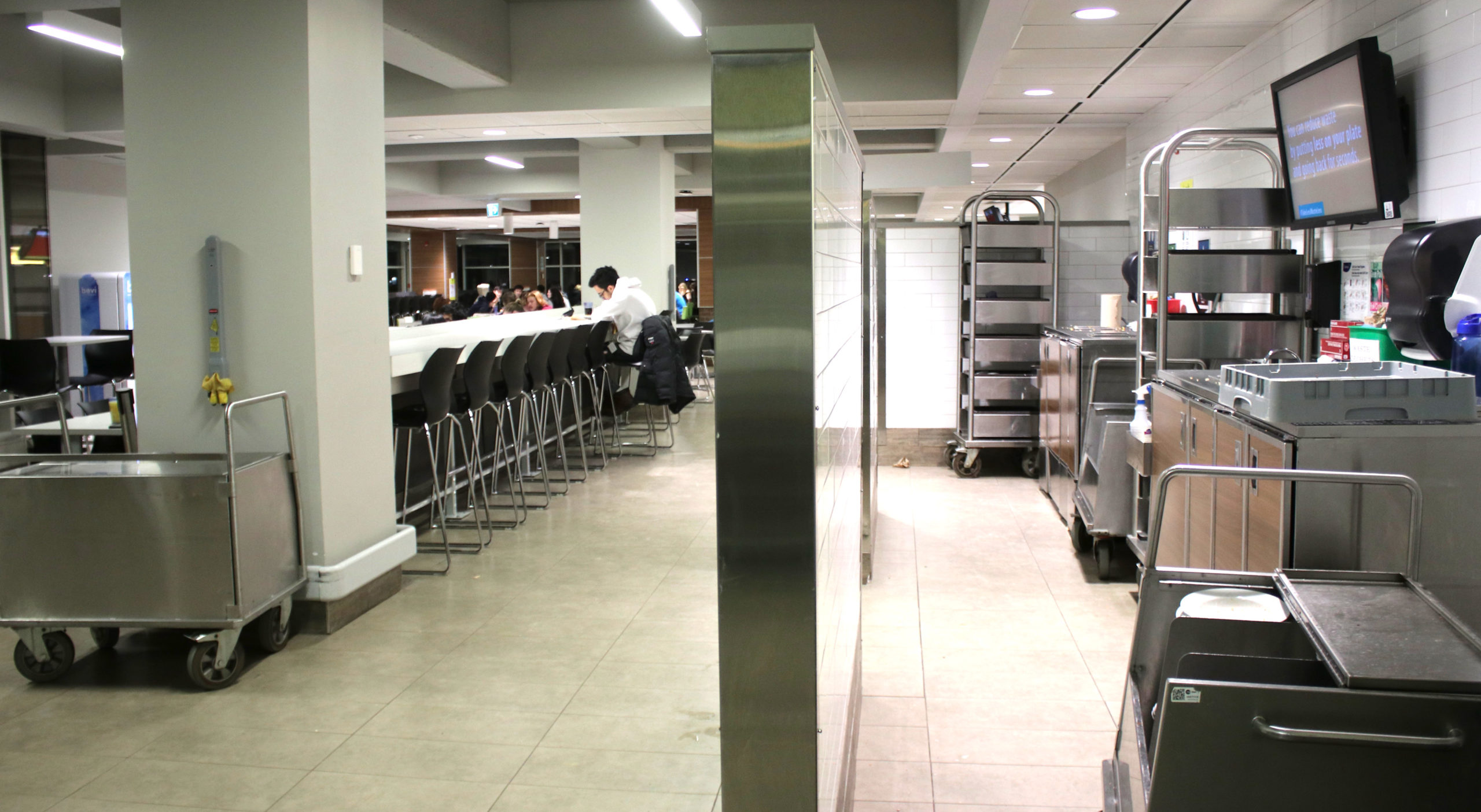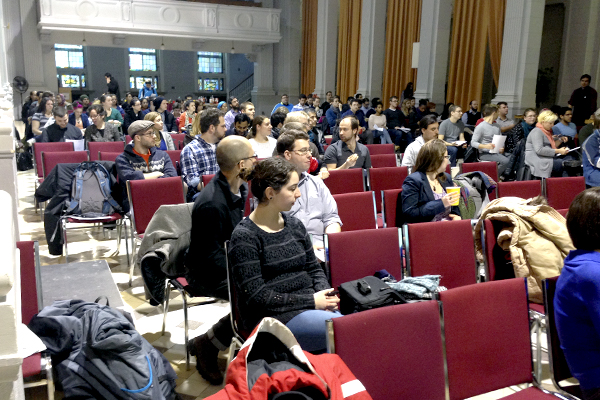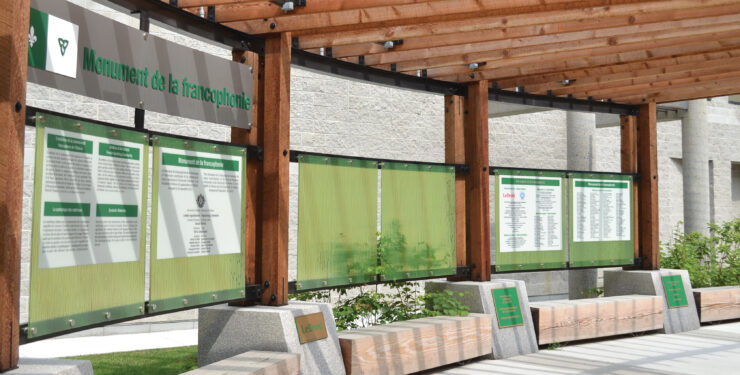I challenge the U of O to take another step to make our campus greener by tackling student food waste
In 2020, the global food and agricultural industry recorded $9 trillion in revenue. That’s the equivalent of 48 times Jeff Bezos’ net worth. While such a large number seems great, a concerning statistic is tied to the industry. Every year, approximately 33 per cent of all consumable food is wasted. Nationally, food waste in Canada is extremely common, becoming an increasing concern. Considering finances alone, $49.5 billion of consumable food is wasted annually.
Food waste poses a large environmental concern, as food and other organic materials left to decompose produce methane gas and other harmful byproducts. Methane is an extremely potent gas and is 80 times as harmful as CO2. By challenging the food waste we discard, methane can be prevented from entering Earth’s atmosphere, and in turn, reduce the intensity of the greenhouse gas effect.
With that said, I challenge the University of Ottawa to take another step to make our campus greener by tackling student food waste. While the university has a compost program for waste created during food production, it does not consider post-plated food. The food discarded into bins at the exit of the dining hall could be similarly composted, but the likelihood that the waste will be utilized similarly to its former glory is unlikely. Beneficial ways to reuse food waste such as fertilizers continue to pose challenges. It lacks simplicity and requires many additives making it a quite undesirable solution. The U of O has no active measures to reduce food waste once the food hits the plates.
As a first-year student on a mandatory meal plan, I constantly see plates of food scraped and discarded into bins. While the university outlines in its dining hall policies to, “… not waste. Take what you can eat. Ask for small portions. Taste first. You can always go back for seconds,” there is no realistic enforcement of this. You can’t judge what a small portion is from student to student. While some might have half a plate of food, others might consider a full plate as an appetizer. While it has good intentions, in practice it is very ineffective for many reasons.
As humans, we continue to show eating instincts from our ancestors. We naturally don’t focus on satisfaction and eat beyond our comfortability instead. It comes from an evolutionary food hoarding instinct. We continue to struggle with identifying reasonable portions for ourselves. The majority of people over anticipate what would satisfy their appetite. Even though we are aware of our natural habits, it is harder to fight them when there is a hall full of food in front of us.
A study looking into buffet-style restaurants came to the same conclusion I did throughout my investigation; “‘All-you-can-eat’ consumption leads to higher volumes of food waste at the end of the meal, as the leftovers may not be taken away”. Many ‘all-you-can-eat’ restaurants weigh uneaten food on customers’ plates and charge them for it as a food waste deterrent. Saving money is the number one motivator for individual consumers to try and reduce their food waste. For U of O students, the majority of first years are on a prepaid meal plan, having no monetary incentive to reduce their waste.
Luckily for the university, as it has adapted to the pandemic, it has been presented with a prime opportunity.
The campus currently offers reusable take-out containers for all meal plan holders. Students bring back a container and get a clean one to fill with food to bring back to their dorm. Currently, the university outlines that you can dine-in or take-out, but cannot do both. I see an opportunity for a compromise. Providing students access to reusable take-out containers to put leftovers in from their meal would prevent perfectly tasty food from being tossed just because someone could not finish it. It is a solution that takes into consideration our natural instinct to overestimate our appetites. Once the food is on our plates, it cannot go anywhere else but the bin, so why not provide an opportunity for it to be eaten? Additionally, with students having food in their room, it would reduce traffic in the dining hall while COVID-19 measures are in effect.
While it is understandable that the university is concerned with the monetary risks of students taking food from the dining hall beyond one meal, I ask them to balance the potential for a green campus. With that said, I challenge them to prioritize ways to reduce campus food waste on behalf of all the students who call the University of Ottawa home.





